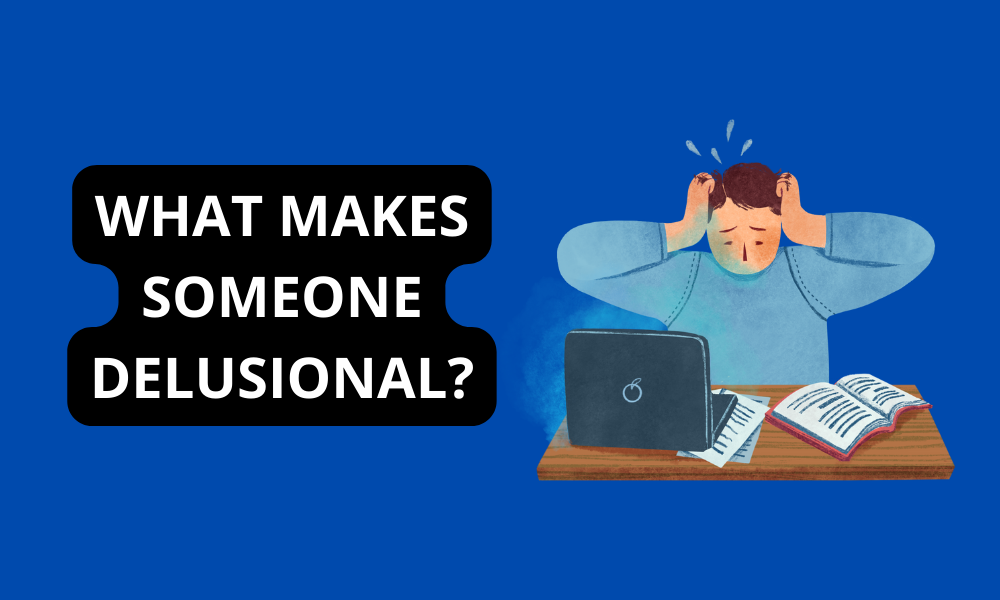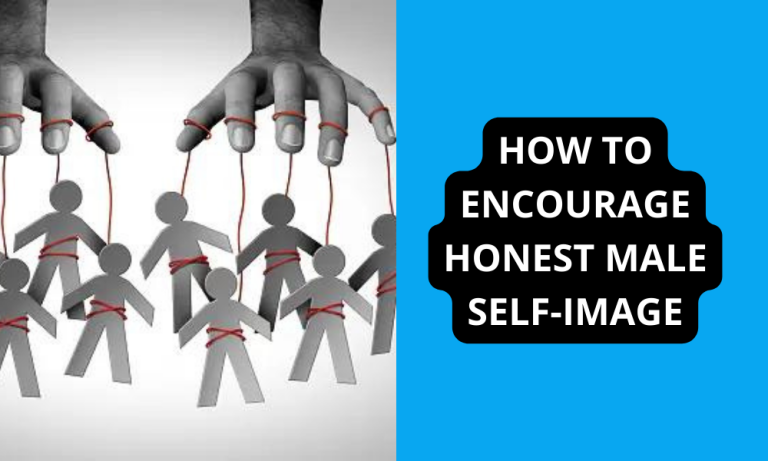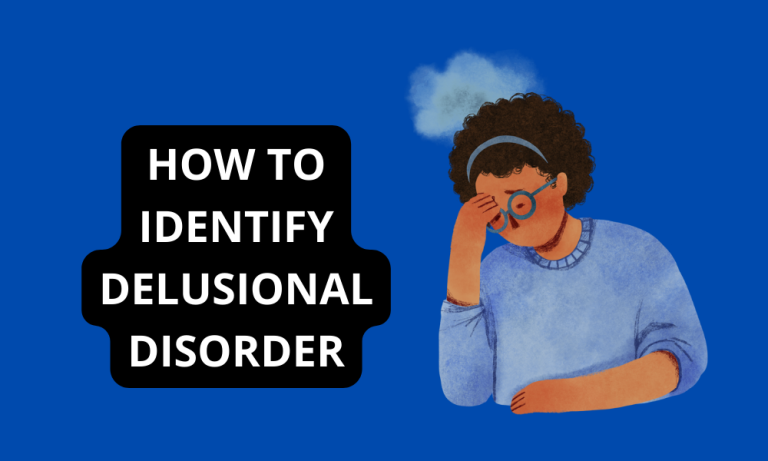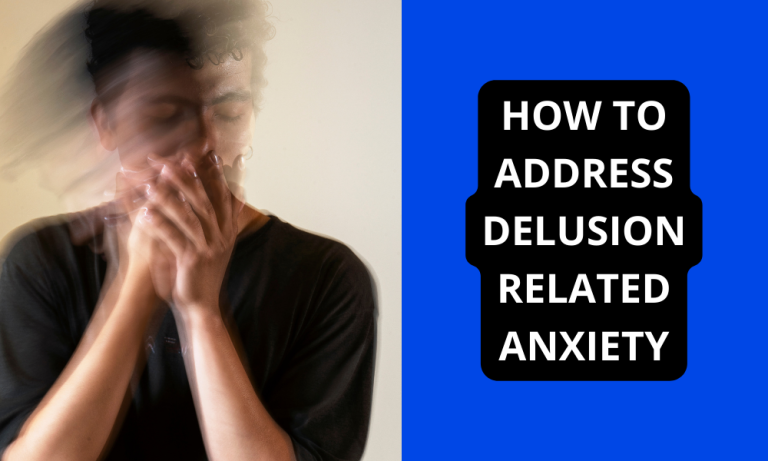What Makes Someone Delusional?

Delusion refers to a fixed false belief maintained despite evidence to the contrary. It is a psychological phenomenon that can significantly impact an individual’s perception of reality and interactions with the world. Understanding what makes someone delusional is crucial for recognizing the signs, providing support, and promoting empathy.
Understanding delusion is essential because it sheds light on the complexities of the human mind and helps us comprehend the experiences of delusional individuals. By gaining insight into the factors contributing to delusion, we can foster empathy, reduce stigma, and provide practical support to those in need. Additionally, exploring innovative tools like the male delusion calculator can further aid in unravelling the intricate facets of delusional beliefs and their influence on individuals’ lives.
Types of Delusions
Delusions can manifest in various forms, each with its unique characteristics. Here are some common types of delusions:
Paranoid Delusions
These delusions involve a strong belief that others are plotting against or persecuting the individual. The person may harbour unfounded suspicions, feel constantly watched, or believe they are being targeted.
Grandiose Delusions
Individuals with grandiose delusions hold an exaggerated sense of self-importance and superiority. They may believe they possess exceptional talents, great wealth, or extraordinary powers.
Somatic Delusions
Somatic delusions revolve around false beliefs concerning one’s body. These can include ideas of having a severe illness or a physical deformity, despite evidence to the contrary.
Delusions of Reference
Delusions of reference involve a belief that ordinary events or objects have personal significance directed explicitly toward the individual. For example, someone may interpret random occurrences as deliberate messages intended only for them.
Understanding the different types of delusions can help us recognize the specific themes and content that individuals may experience, contributing to a better understanding of their perspectives and challenges.
What Are the Causes of Delusion?
Delusions can arise from a variety of underlying factors, including mental health conditions, substance abuse, and medical conditions.
1- Mental Health Conditions
Following are some causes of delusion that happen due to mental health conditions:
Schizophrenia
Delusions are a hallmark symptom of schizophrenia, a severe mental disorder. Individuals with schizophrenia may experience paranoid or bizarre delusions, affecting their perception of reality and often leading to disorganized thinking and behaviour.
Bipolar Disorder
During manic episodes of bipolar disorder, individuals may develop grandiose delusions, feeling invincible or believing they possess extraordinary abilities. A heightened sense of energy and euphoria often accompanies these delusions.
Delusional Disorder
This condition involves the presence of persistent delusions without other significant psychotic symptoms. The delusional disorder can manifest in various themes, such as persecutory, jealous, or erotomanic delusions.

2- Substance Abuse
Substance abuse, particularly involving drugs like methamphetamine or hallucinogens, can induce delusions. The influence of substances on brain chemistry and perception can lead to the development of false beliefs.
3- Medical Conditions
Certain medical conditions, such as dementia or brain tumors, can cause delusions. These delusions may be a result of the direct impact on brain functioning or the emotional distress caused by the illness itself.
Psychological Factors of Delusion
Various psychological factors, including cognitive biases and emotional disturbances, can influence delusions.
Cognitive Biases
Cognitive biases refer to patterns of thinking that deviate from rationality or objectivity. Individuals with delusions may exhibit specific cognitive biases, such as confirmation bias (favouring information that confirms existing beliefs) or attribution bias (attributing events to external causes).
Emotional Disturbances
Emotional disturbances, such as heightened anxiety or stress, can contribute to the formation and persistence of delusions. Emotional factors may influence an individual’s perception and interpretation of reality, reinforcing their false beliefs.
Understanding the psychological factors that contribute to delusion can aid in developing practical therapeutic approaches and interventions.
Delusion and Reality
Delusions can create a stark contrast between an individual’s perception and objective reality. Here are two key aspects to consider in the context of fantasy and reality:
Perceptual Abnormalities
Delusions can be accompanied by perceptual abnormalities, such as hallucinations or altered sensory experiences. These perceptual disturbances further reinforce an individual’s false beliefs, blurring the line between what is real and what is not.
Lack of Insight
Delusional individuals often lack insight into their condition, making it challenging to recognize the irrationality of their beliefs. This lack of understanding can hinder treatment progress and contribute to social and functional impairments.
Understanding the interplay between delusion and reality can guide interventions that help individuals reconcile their perceptions with objective truths.
Treatment for Delusion
Treating delusion typically involves a combination of medication and therapy tailored to address the underlying causes and symptoms.
Medication
Antipsychotic medications are commonly prescribed to alleviate symptoms of delusion, particularly in cases of schizophrenia and delusional disorder. These medications help regulate brain chemistry and reduce the intensity of delusional thoughts.

Therapy
Psychotherapy, such as cognitive-behavioural therapy (CBT), can be beneficial in helping individuals challenge and reframe their delusional beliefs. Therapists work collaboratively with clients to develop coping strategies, improve insight, and enhance overall functioning.
Combining medication and therapy can provide comprehensive support for individuals struggling with delusion, fostering their recovery and well-being.
Conclusion
Delusion is a psychological phenomenon characterized by fixed false beliefs that persist despite contradictory evidence. Understanding what makes someone delusional involves:
- Exploring the various types of delusions.
- Their underlying causes.
- Psychological factors.
- Their impact on individuals’ lives.
- Available treatments.
- Coping strategies.
- Breaking the associated stigma.
By fostering empathy, providing support, and promoting accurate information, we can create a society that embraces individuals with delusion, offering them the help and understanding they need. Let us work together to create a world where everyone feels valued and understood.






